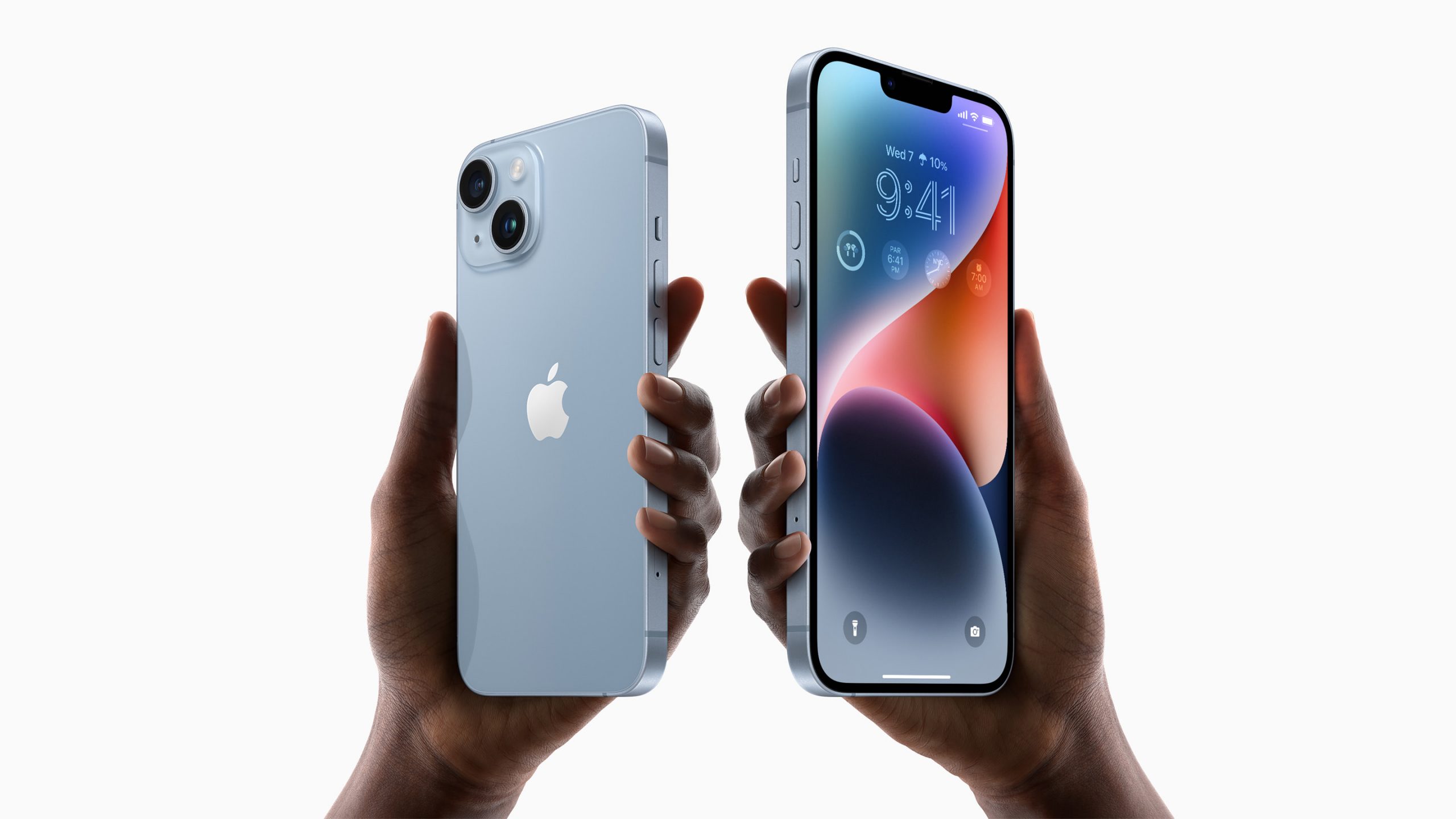

Apple iPhone 14, iPhone 14 Plus
Republican lawmakers have warned Apple it may face serious consequences if it chooses to use NAND flash memory from a controversial Chinese chip maker in the new iPhone 14.
Their remarks follow local media reports in the South Korean press that Apple planned to begin using NAND chips from Yangtze Memory Technology (YMTC) in its latest iPhones, introduced last week.
The US has been working to limit the expansion of Chinese technology companies, which it views as a national security threat.
Marco Rubio, Republican vice-chair of the Senate intelligence committee, and Michael McCaul, the top Republican on the House foreign affairs committee, told the Financial Times they were alarmed at the reports about Apple’s intentions.
Rubio told the paper Apple was “playing with fire” due to the “security risks” posed by YMTC.
“If it moves forward, it will be subject to scrutiny like it has never seen from the federal government,” Rubio said.
“We cannot allow Chinese companies beholden to the Communist party into our telecommunications networks and millions of Americans’ iPhones.”
McCaul said working with YMTC would “effectively be transferring knowledge and knowhow to YMTC that will supercharge its capabilities and help the CCP (Chinese Communist Party) achieve its national goals”.
Apple told the paper it does not use YMTC chips in any products but was “evaluating sourcing from YMTC for NAND chips to be used in some iPhones sold in China”.
The company said it was not considering using YMTC chips in phones for sale outside China and added user data stored on NAND chips was “fully encrypted”.
Last month reports said the US was considering sanctions specifically intended to block the manufacture of advanced NAND memory chips in China.
YMTC, founded only in 2016, has been making rapid advances in the memory chip market, nearly doubling its worldwide market share to about 5 percent, compared to 13 percent for Western Digital and 11 percent for Micron, according to research firm Yole Intelligence.
More bad news for Google. Second time in less than a year that some part…
Federal office that tackled misinformation and disinformation from hostile nations is closed down, after criticism…
After Nvidia admits it will take $5.5 billion charge as Trump export limits of slower…
Trump continues to target his former CISA head, signing a new executive order targetting Chris…
Two Chinese retailers warn customers in America that prices will increase next week, as Trump's…
Engineer Cristina Balan wins latest round in her long-running defamation claim against Elon Musk's EV…